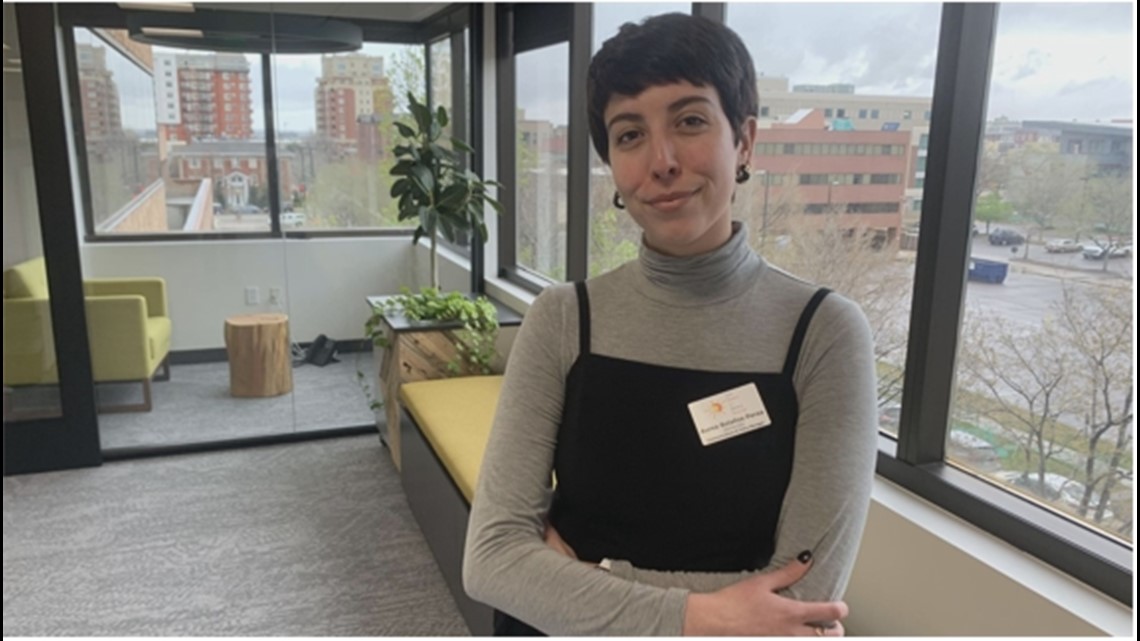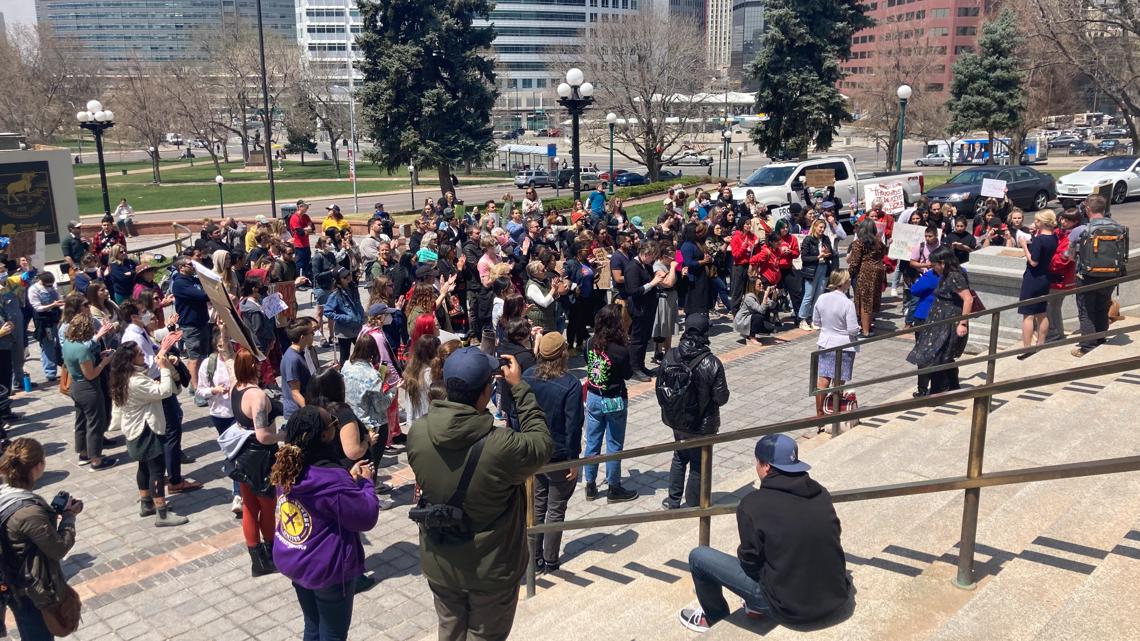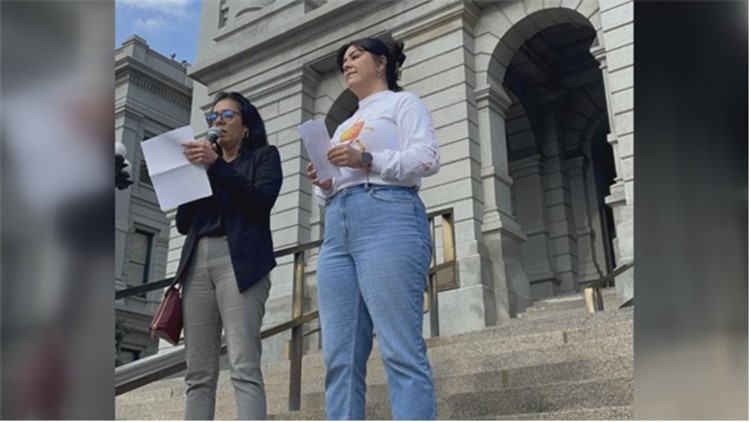DENVER — When Texas enacted the "Heartbeat Bill" in 2021, Aurea Bolaños Perea said she and her colleagues believed they knew who would be impacted first.
"Communities of color, our undocumented folks – young people," she said.
Perea is the Director of Strategic Communications for the Colorado Organization for Latina Opportunity and Reproductive Rights (COLOR Latina), which advocates for policy, runs a list of programs and connects people to culturally responsive health care.
"Being able to have access to contraceptive care, being able to make a decision for your own bodies, communities and futures, and also to know that if you want to make the best decision and that includes an abortion – that includes contraceptive care, that means also having a child, knowing that your community is going to hold you and give you the resources necessary in order to make those decisions," she said. "Because we know that in order to lead a healthy life, we need those resources for our well-being."
Now, as the country, including Denver, react to a leaked draft opinion of Roe v. Wade, Perea says the organization is once again preparing for a spike in demand.
"So we are expecting quite a bit of calls from members of our community from out of state, of course, because they're going to be scared. But we want to remind them that that fear needs to be turned into action," she said.


Breaking barriers
Already, Perea said they hear of Latino women facing discrimination through the health care system.
"That is not new from being able to access the resources for just seeing a doctor when needed, when it's an emergency," she said. "When a Latino woman may go in and they're not necessarily taken with the same care as others that may walk through those doors, we know there can be questions of documentation, status or language barriers."
She added that there have been times where they hear from their community members that when needing to go the hospital, they don't receive the same level of care.
"They close the doors on them. So how are we able to move forward as a community if our Latinas who are being marginalized from the health care system as a whole continuously are seen like, 'no your problems aren't that important for us at this moment.'" she explained. "And we know thousands of women that have faced the same discrimination in the health care system, and many of them organized with us because they have faced it head-on."
In November, COLOR Latina, along with other organizations led the way in a report they released known as the Colorado Latino Policy Agenda.
In it, they found that 42% out of the 1,000 Latino adults surveyed "strongly" supported passing laws to protect safe abortion and reproductive rights, 25% saying they 'somewhat' supported it.
Now, making sure the clinics that COLOR Latina work with are prepared is key.


Preparation
"It is sad that we are so prepared for what we have been sounding the alarm for months," Perea said.
As they expect a rise in calls for help out of state once again, Perea says they're also making sure communities are educated on where in the process the ruling is right now.
"So if you have an appointment, keep it. Call us so we can tell you how to be able to travel or find somebody that will be able to answer those questions in your language or somebody that shares a similar story," she said.
If Roe v. Wade is overturned, Perea estimates 5.7 million Latino people across the country would be directly impacted.
She said, "So thinking we're not just numbers. 5.7 million stories of people that either do not have access to health care in general or will need to be able to travel or be forced into a future that did not determine for themselves."
SUGGESTED VIDEOS: Roe v Wade decision



